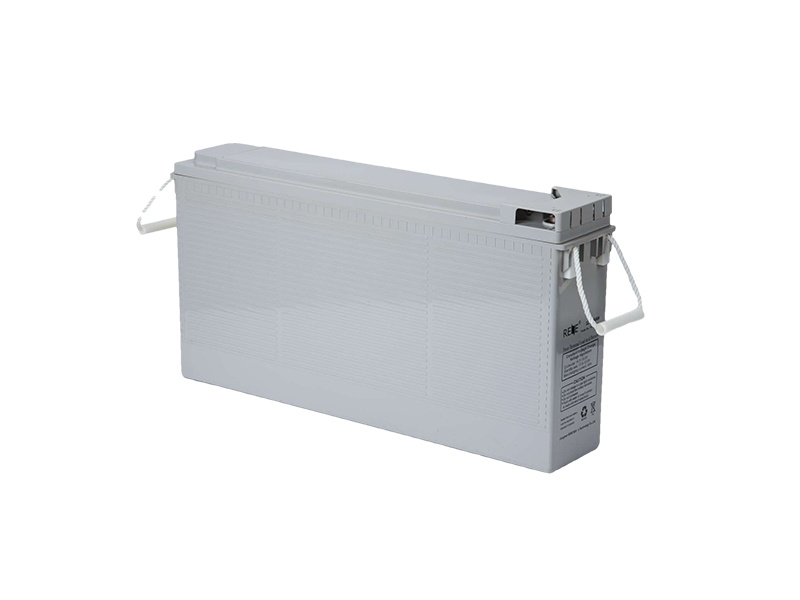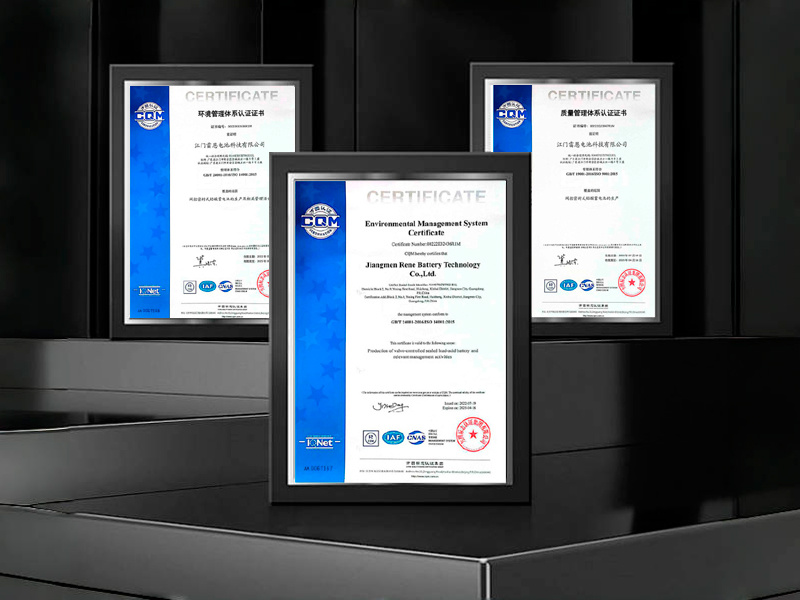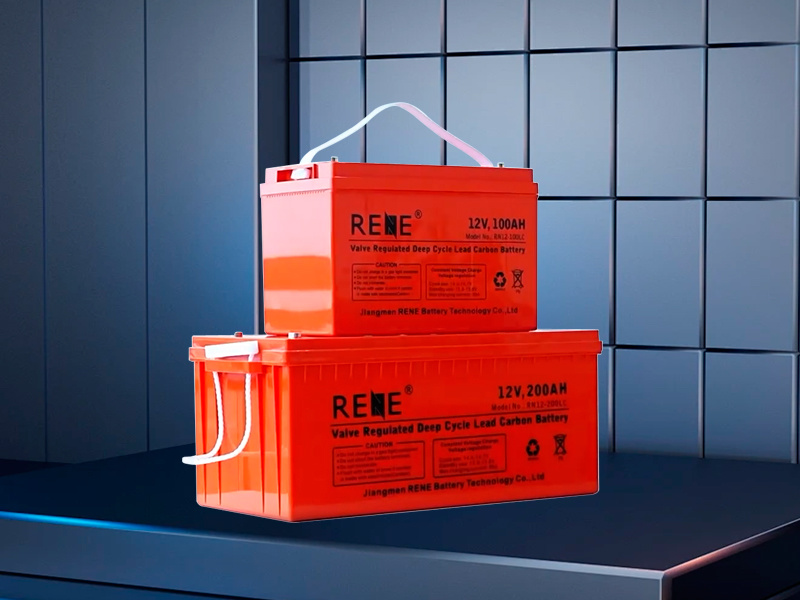Jiangmen Rene Battery Technology Co., Ltd.
Understanding China’s Lithium Deep Cycle Batteries: The Future of Automotive Power
2025-07-04
As the automotive industry evolves towards electrification, lithium deep cycle batteries have emerged as a pivotal technology. Specifically, in China, the development and production of these batteries have reached impressive levels, making them essential for various applications, particularly in electric vehicles (EVs) and renewable energy storage systems. Lithium deep cycle batteries are designed

As the automotive industry evolves towards electrification, lithium deep cycle batteries have emerged as a pivotal technology. Specifically, in China, the development and production of these batteries have reached impressive levels, making them essential for various applications, particularly in electric vehicles (EVs) and renewable energy storage systems.
Lithium deep cycle batteries are designed to provide a steady amount of power over an extended period. Unlike traditional lead-acid batteries, these lithium batteries can be discharged deeply without suffering damage, allowing for greater efficiency and longevity. This characteristic is crucial for applications where consistent performance is required, such as in electric vehicles, where the reliability of the power source can directly impact performance and range.
One of the significant advantages of lithium deep cycle batteries, particularly those developed in China, is their high energy density. This means they can store more energy in a smaller and lighter package than conventional batteries. This property is particularly beneficial for electric vehicles, as it contributes to a reduced weight and increased efficiency, essential factors for enhancing performance and extending driving range. As the demand for electric vehicles grows, the importance of efficient energy storage systems continues to rise.
Moreover, lithium deep cycle batteries cycle thousands of times, which significantly extends their lifespan compared to other battery types. This durability translates into lower replacement costs and reduced waste over time, making them a more sustainable option in the long run. In a world increasingly focused on sustainability, these attributes position lithium batteries as a critical component in the green technology landscape.
China is currently one of the leading producers of lithium-ion batteries, supported by significant investments in research and development. The country’s advancements in battery technology have not only driven down costs but also improved the efficiency and safety of lithium batteries. This progress ensures that consumers and manufacturers alike can benefit from higher quality products that meet modern energy demands.
In addition to automotive applications, lithium deep cycle batteries also play a vital role in renewable energy systems, such as solar power setups. They can store excess energy generated during peak sunlight hours for use during nighttime or cloudy days, thus contributing to a more balanced and reliable energy supply.
In conclusion, as the automotive industry moves towards electrification, understanding the benefits and applications of lithium deep cycle batteries from China is crucial. Their efficiency, longevity, and adaptability make them an essential component in the future of automotive power and renewable energy solutions. By integrating these batteries into various systems, we can pave the way for a more sustainable future, reducing our reliance on fossil fuels and minimizing our environmental footprint.
Lithium deep cycle batteries are designed to provide a steady amount of power over an extended period. Unlike traditional lead-acid batteries, these lithium batteries can be discharged deeply without suffering damage, allowing for greater efficiency and longevity. This characteristic is crucial for applications where consistent performance is required, such as in electric vehicles, where the reliability of the power source can directly impact performance and range.
One of the significant advantages of lithium deep cycle batteries, particularly those developed in China, is their high energy density. This means they can store more energy in a smaller and lighter package than conventional batteries. This property is particularly beneficial for electric vehicles, as it contributes to a reduced weight and increased efficiency, essential factors for enhancing performance and extending driving range. As the demand for electric vehicles grows, the importance of efficient energy storage systems continues to rise.
Moreover, lithium deep cycle batteries cycle thousands of times, which significantly extends their lifespan compared to other battery types. This durability translates into lower replacement costs and reduced waste over time, making them a more sustainable option in the long run. In a world increasingly focused on sustainability, these attributes position lithium batteries as a critical component in the green technology landscape.
China is currently one of the leading producers of lithium-ion batteries, supported by significant investments in research and development. The country’s advancements in battery technology have not only driven down costs but also improved the efficiency and safety of lithium batteries. This progress ensures that consumers and manufacturers alike can benefit from higher quality products that meet modern energy demands.
In addition to automotive applications, lithium deep cycle batteries also play a vital role in renewable energy systems, such as solar power setups. They can store excess energy generated during peak sunlight hours for use during nighttime or cloudy days, thus contributing to a more balanced and reliable energy supply.
In conclusion, as the automotive industry moves towards electrification, understanding the benefits and applications of lithium deep cycle batteries from China is crucial. Their efficiency, longevity, and adaptability make them an essential component in the future of automotive power and renewable energy solutions. By integrating these batteries into various systems, we can pave the way for a more sustainable future, reducing our reliance on fossil fuels and minimizing our environmental footprint.
Key words:
Previous Page:














